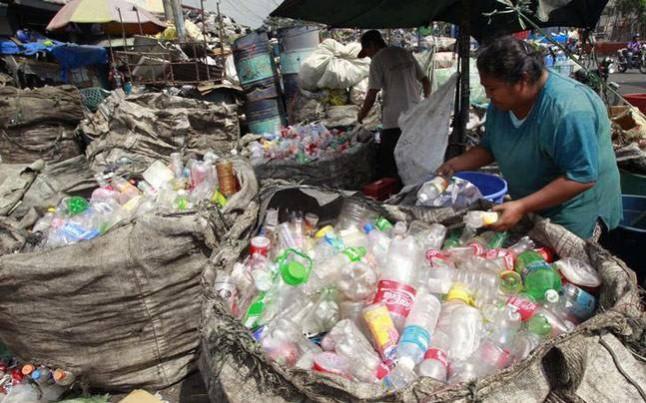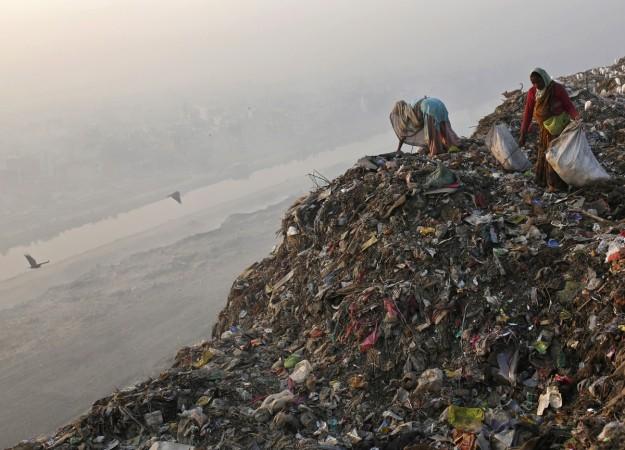
The central government has now completely banned the imports of solid plastic waste/scrap into the country. The decision has been taken to fight the ever-growing plastic waste in India. As per the official data, the country generates 25,940 tonnes of plastic waste daily. In the past, such imports were partially banned as only the special economic zones (SEZ) were allowed to import such solid wastes. Additionally, the government had also allowed the imports of plastic waste/scrap by export-oriented units (EOUs) which used to procure it from abroad as post-recycling resources.
Quoting one of the environment ministry officials, National daily, the Times of India reported that keeping up with India's commitment to completely phase out single-use plastic by 2022, the government has now entirely banned the imports of solid plastic waste. He added, "The country has now completely prohibited the import of solid plastic waste by amending the Hazardous Waste (Management & Trans-boundary Movement) Rules on March 1.'' He further said that the rules were changed because of the huge mismatch between waste generation and recycling capacity in the country.

It is to be noted that China had banned such imports a few years ago. Meanwhile, India became one of the largest importers of plastic waste. In India, many companies were misusing the partial ban on the pretext of being in an SEZ. The country lacks the adequate capacity to recycle plastic waste and it is because of this reason a huge amount of such wastes remains uncontrolled. This eventually causes heavy damages to soil and water bodies. A study conducted by the Central Pollution Control Board (CPCB) shows that out of 25,940 tonnes of plastic waste per day around 10,376 tonnes remains uncollected. The figures are astonishingly high as it is almost 40 per cent of the total waste generated.
The ministry has made changes in the existing rules, now white category (practically non-polluting or very less polluting) of industries will dump their hazardous wastes generated to authorized users, waste collectors or disposal facilities. Since its inception in 1950, global plastic production has increased exponentially, from 2 million tonnes to 380 million tonnes in 2015. Its sheer convenience -- lightweight and durability – has made this man-made material present in every sphere of human existence. In the last 70 years, 8.3 billion tonnes of plastic have been produced.

















